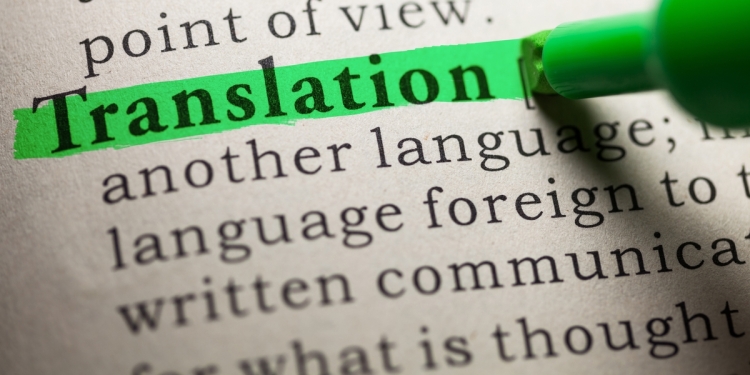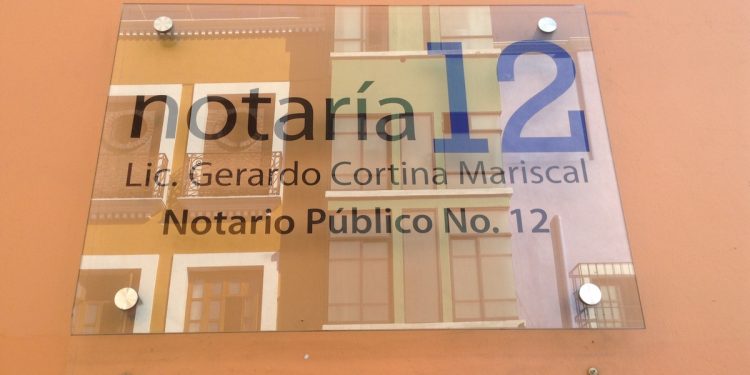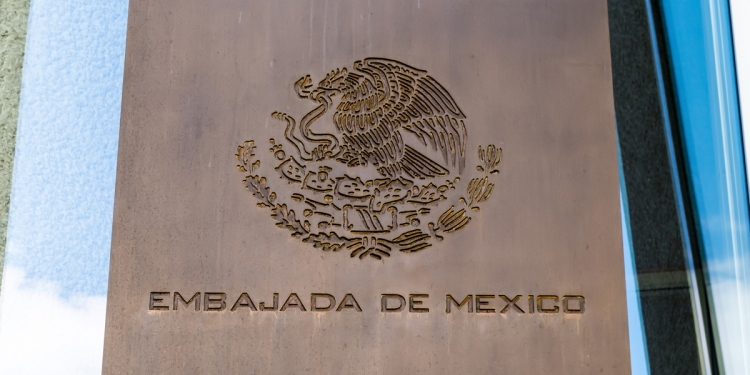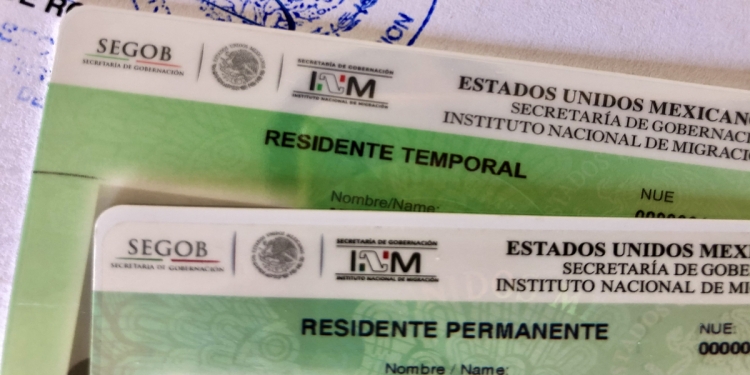For certain legal procedures, usually related to immigration, residency applications, investment, or marriage (or a combination of these) it may be necessary to present Mexican authorities (or Mexican consulates abroad) with foreign legal documents as part of an application procedure.
Foreign birth certificates and foreign marriage certificates are the most common, but there are others. This article describes what the notarization and apostille procedures are and what circumstances commonly call for them.
Documents might also need to be translated into Spanish
If your original document(s) and its accompanying notarizations and apostilles are not issued in Spanish, you will need to get these translated into Spanish by a translator in Mexico authorized to translate official documents.
Learn about getting your documents officially translated into Spanish
Certification of foreign-issued documents for use in Mexico, or to submit to Mexican consulates
Before the Mexican authorities will receive certain types of foreign-issued legal documents for processing, it’s necessary to get these “Apostilled.”
In practice this means that when you need to submit foreign-issued legal documents in Mexico or at a Mexican consulate abroad, you need to go to a “competent authority” in the country where the document was issued, and get certified copies Apostilled.
Documents that most commonly need this Apostille include birth, marriage, divorce, and death certificates; institutional diplomas; and certificates of company incorporation.
Each country has its own procedures for doing this and you should search online for more information, e.g. “apostille of documents in [country] or [state]” to ensure that your documents are properly apostilled for use by the Mexican authorities.
Apostille for US-issued legal documents
If the document(s) you need to Apostille for use in Mexico were issued in the United States, Apostille.net offers a service that will notarize and/or Apostille documents and ship them to you by express courier to any country.
The international Apostille Convention
The Apostille Convention, as it’s known, is an international treaty that many (but not all) countries are signatory to. The convention sets out a procedure through which a document issued in one of the signatory countries can be certified for legal purposes in all the other signatory countries.
Mexico signed up to the treaty in 1995, making it simpler for people to present their foreign-issued legal documents here. The USA, most countries in Europe, as well as Australia, New Zealand, Russia, India, South Africa, and Japan are among major countries also signed-up to the treaty.
Canada has ratified the convention, but it’s not yet in force
If you have Canadian-issued documents to certify, note that Canada signed the convention in May 2023 but it will not take effect until January 11th, 2024.
Until then, the Apostille convention procedures do not apply to documents from there. Canada has instead a document authentication procedure for legal documents.
If you are applying for residency in Mexico, Canadian documents that need to be apostilled for use in Mexico (or a third country) will need to be authenticated by the Canadian government and then sent to a Mexican consulate in Canada to be legalized for use in Mexico.
Signatory and non-signatory countries
To find out if the country where your document(s) were issued is a signatory to the convention, check this list on Wikipedia.
If the country that issued your document(s) is not a signatory, alternative certification procedures may exist, and you should contact the Mexican consulate or Mexican government office you are treating with for advice about the alternative requirements.
Notarizing documents for Apostille
Official documents issued by governments (e.g. birth certificates, marriage certificates, death certificates) can be directly apostilled (or in Canada, authenticated) by the government of the country in which they were issued.
Any other documents, e.g. bank statements, investment statements, need to be Notarized first and then sent to be apostilled.
The difference between Apostille and Notarization
A certified copy or notarized document by itself is not apostilled.
An Apostille is a specific type of legal certification (as per the International Convention) given by a government department with the authority to certify documents issued in that country for legal purposes abroad.
You need to contact the government department responsible for apostilles in the country where the documents were issued to get documents apostilled. Online services also exist in some countries that will do this on your behalf for a fee.
A Notarization is a seal given by a Notary Public to certify the authenticity of the document(s) they have reviewed. The seal is the equivalent of swearing verbally under Oath in a court of law that the facts contained in the document are true.
Apostille for US-issued legal documents
If the document(s) you need to Apostille for use in Mexico were issued in the United States, Apostille.net offers a service that will notarize and/or Apostille documents and ship them to you by express courier to any country.
Apostille of legal documents issued in Mexico
If you have official documents. e.g. Birth Certificates and Marriage Certificates, that have been issued in Mexico and need to get them apostilled for official use outside of Mexico, you can find information about notarizing Mexican documents here.
You might also want to contact a Notary Public in the state where the documents were issued for further advice.
Apostille of Mexican marriage certificates
If you get married in Mexico and live abroad (or plan to live abroad) it’s a good idea to get your Mexican marriage certificate Apostilled in Mexico in case you need this for official use outside of Mexico; it needs to be done in the Mexican state you were married in. The local Registrar’s office or your wedding planner will be able to advise you about how to do this.
Avoid getting your legal documents turned away
If you show up at the application center —most commonly an Immigration office or Registrar’s office in Mexico, or a Mexican consulate abroad— without certain types of documents having been properly apostilled where this is required, they will turn your application away and ask you to return with properly certified documents.
Applying for legal residency in Mexico
If you apply for legal residency in Mexico from your home country, the Mexican consulate will not normally ask for your home country issued documents, e.g. marriage certificates, bank statements, etc., to be notarized or apostilled (in Canada, ‘authenticated’) to accept them.
However, if your key documents were not issued in your home country (e.g. you got married abroad, or you use bank/investment accounts outside your home country to qualify economically) or you are applying for Mexican legal residency from a third country instead of your home country, the Mexican consulate will ask for key documents to be apostilled.
Mexico Immigration Assistance Service
If you would like assistance with your legal residency application, whether you are applying for the first time, renewing an existing permit, or need help with troubleshooting, consider using our Mexico Immigration Assistance service.
As part of the service, our associates provide a personalized check list of documents you will need to prepare for your application and will also advise which ones, if any, need to be apostilled before they will be accepted. Learn more about the service.







